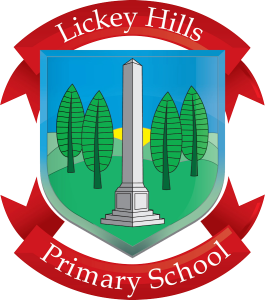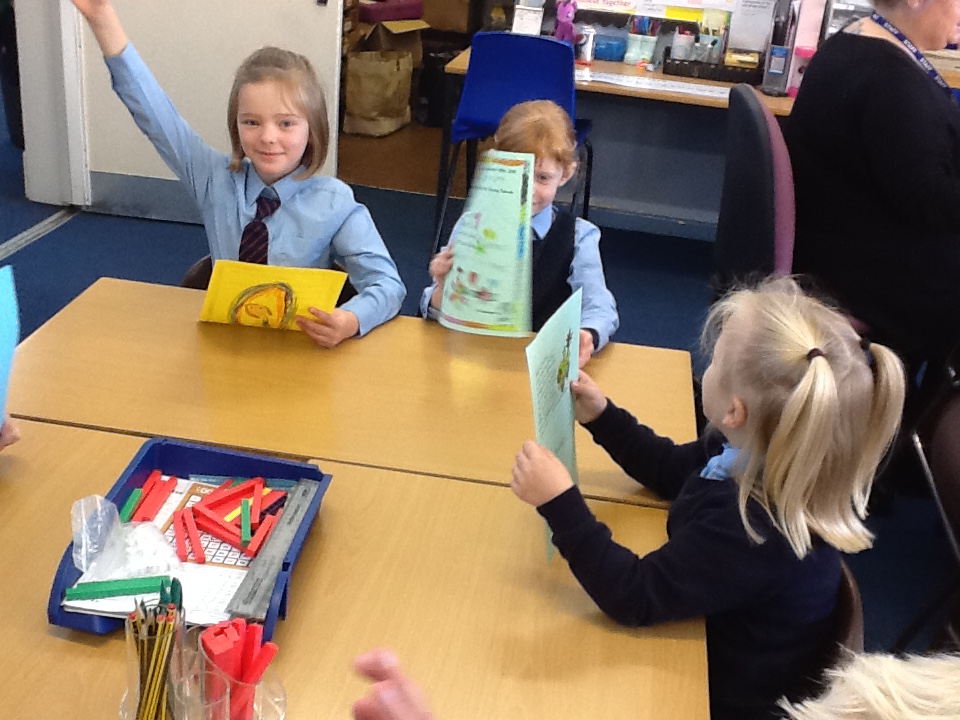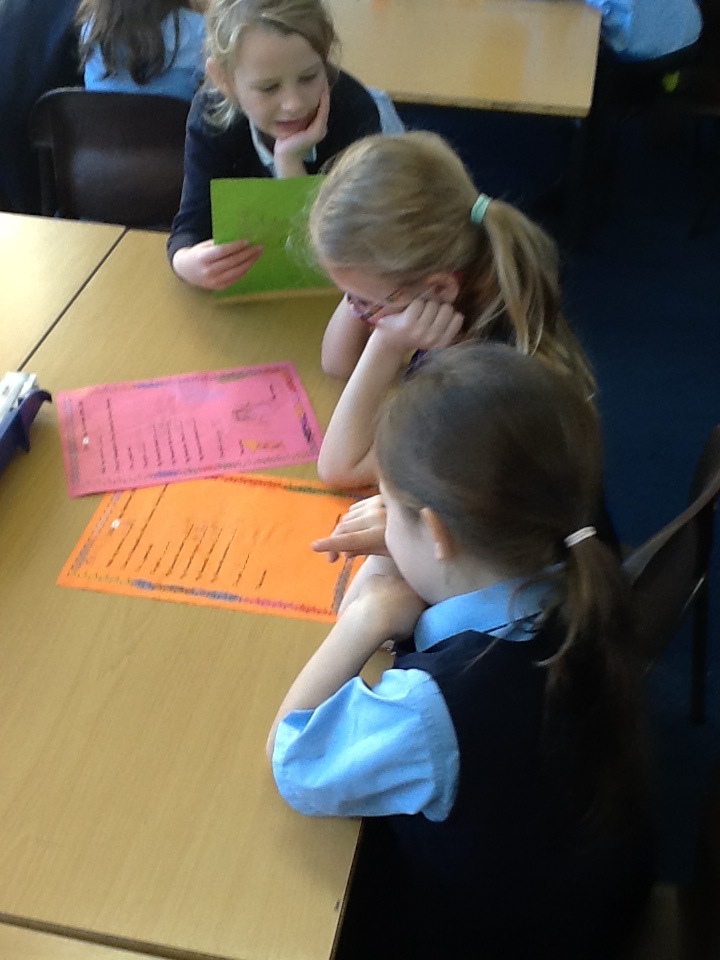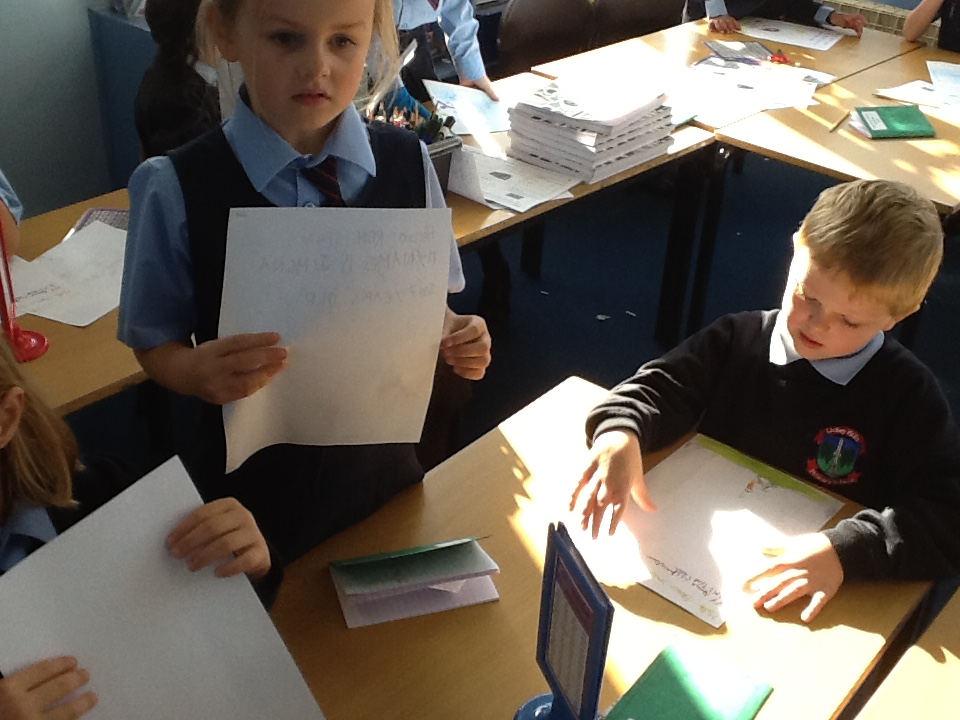Spanish
Modern Foreign Language (MFL)
You live a new life for every language you speak. If you only know one language, you only live once.’ – Spanish proverb
Our MFL Curriculum can be found by clicking on this logo: 
Your child’s class teacher will be able to answer any questions about your child’s Spanish learning. You can also speak to our Spanish Leader at LHPSN, Mrs Trafford.
At Lickey Hills we have four ‘Golden Threads’ that are interwoven into our wider curriculum. One of those is ‘Global Citizenship’ where we want our children to learn about the wider world and the differences in life around the world. We believe that in our teaching of Spanish we expose our children to the world around them as the learning of a foreign language ‘is a liberation from insularity and provides an opening to other cultures.’ Our languages education aims to foster pupils’ curiosity and deepen their understanding of the world with Spanish being the first language of many countries globally. Further ahead, we want our children to continue to be ‘global citizens’ when they leave Lickey Hills after we have provided the foundation for learning further languages, equipping our pupils to study and work in other countries and learn other languages.
Our teaching enables pupils to express their ideas and thoughts in Spanish and in turn to understand and respond to its speakers, both in speech and in writing. We also provide opportunities for our children to communicate for practical purposes, learn new ways of thinking and to read stories in Spanish. Another of our ‘Golden Threads’ is that of ‘Childhood, Home and Family.’ We use this thread in our languages teaching for our children to learn about what life is like for children and families in Spain and other Spanish speaking countries – again in the aim of opening our pupils’ minds to other cultures.
Our learning of Spanish is sequential, we use the ‘La Jolie Ronde’ scheme to ensure that our curriculum is skills based where our children reinforce their learning year on year in a progressive way. This ensures that by the end of Year 6 our children will have had high quality resources throughout their primary schooling in the subject. Research shows that learning a language when a child is younger, is beneficial; that learning a second language boosts problem-solving, critical-thinking, and listening skills, in addition to improving memory, concentration, and the ability to multitask. Children proficient in other languages also show signs of enhanced creativity and mental flexibility.
Our languages education aims to foster pupils’ curiosity and deepen their understanding of the world. Further ahead, we want our children to be equipped with the skills to be able to study and work in other countries. We teach Spanish because it is the native language of more than 400 million people across 44 countries, which makes it one of the most useful languages to know.
The National Curriculum Purpose of Study for Modern Foreign Languages : Learning a foreign language is a liberation from insularity and provides an opening to other cultures. A high-quality languages education should foster pupils’ curiosity and deepen their understanding of the world. The teaching should enable pupils to express their ideas and thoughts in another language and to understand and respond to its speakers, both in speech and in writing. It should also provide opportunities for them to communicate for practical purposes, learn new ways of thinking and read great literature in the original language. Language teaching should provide the foundation for learning further languages, equipping pupils to study and work in other countries.
Intent
Learning a language provides an invaluable social, cultural and educational experience to all pupils. It supports the development of key skills such as speaking, listening, reading and writing and extends the knowledge of how language patterns work. Learning another language also encourages children to further understand their own, and other’s cultures, and deepens their understanding of the world.
By the end of KS2, we aim for the children to be able to take part in conversations, understanding and responding to others, both in writing and speaking. They will be able to express their opinions about different aspects of life and be able to compare the UK and Spain by learning about different traditions, celebrations and daily life in Spain. We cover a range of topics, such as, home, family, weather, travel, food, numbers, colours and transport. These topics will be interwoven and will be revised and developed during each year of learning.
Implementation
We aim for the children to learn Spanish throughout all of their time at Lickey Hills Primary School. This will begin in EYFS by learning to say hello and goodbye and then continue into KS1 where the children will learn a few simple words, phrases and songs which will equip them to start their learning of Spanish in depth in KS2.
The children will follow La Jolie Ronde Spanish scheme and will be taught Spanish for half an hour each week throughout the year, which will ensure the children retain the new vocabulary. The scheme will develop their skills in reading, writing, speaking and listening. The children will be taught a wide range of vocabulary with a focus on grammar, punctuation and pronunciation.
All of the lessons are sequenced so that there are opportunities for the revision of language, grammatical and phonological concepts, with new skills then introduced. The context and structure of the lessons provide children with an insight into the culture, traditions and special celebrations of Spanish-speaking countries and enables comparison with their own experiences.
Currently, the children in Year 3 have the opportunity to take part in a Spanish pen pal project where they write letters and send videos to children of a similar age, in Valencia. This is a wonderful experience for the children as it enables them to use the skills that they have developed through their language learning and use them in a real life situation. This reinforces and promotes the importance of learning Spanish and intercultural understanding. Please see the photographs below.
Impact
Children will have an increased enjoyment of learning another language. They will have an enriched understanding of different languages and cultures and will have also developed transferable skills in reading, writing, speaking and listening. The children will be able to communicate with each other in Spanish and have learned how skills and language structure can be used when learning a different language.
Curriculum Corner
To gain an insight into Spanish in action, take a look at our Curriculum Corner article from last academic year by clicking this link: Spanish Curriculum Corner.
Useful Websites
To support your children’s learning at home, you may find these websites useful:
Please note LHPSN is not responsible for the content of external sites.









